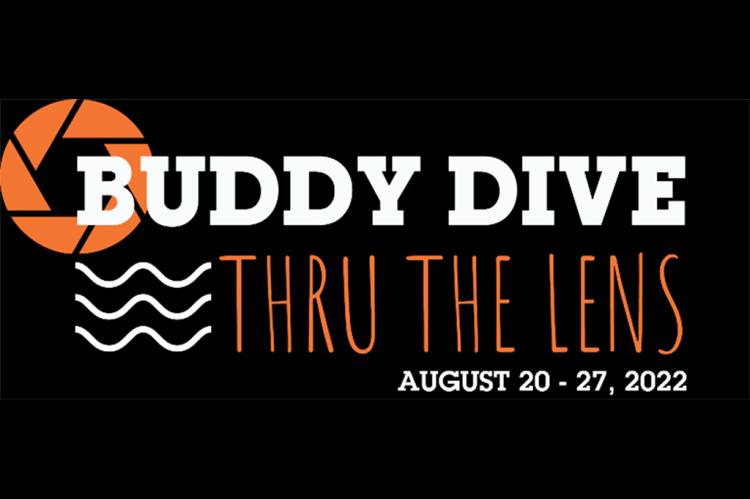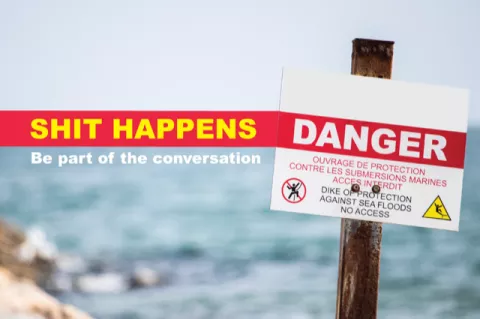Four divers charged with systematic plunder of protected wrecks in the Baltic
The Swedish Coast Guard apprehended the divers in July 2020, as they were found retrieving artifacts from a wreck off the Baltic island of Öland. A subsequent house search uncovered a large number of objects, which were suspected to originate from wrecks classified as protected. Among the objects was an iron cannon dated to the 17th century.
The indictment includes ten charges for incidents during a number of dives that took place from 2013 to 2020. Two of the men stand charged on all counts.















